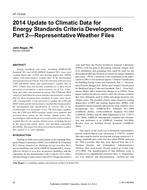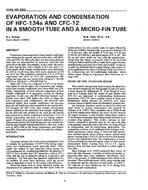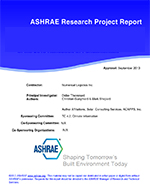Newly constructed two-story colonial homes with full basements in Virginia and Maryland were tested to determine envelope and duct leakage, fan exhaust flows, and maximum basement depressurization. The homes met or exceeded the basic air sealing requirements found in the 1993-1995 Model Energy Code. Data from these homes provide baseline information for newly constructed homes and can be used to assess the impact of MEC prescriptive air sealing practices on such homes. A test method was also developed to determine basement leakage. The homes had a mean envelope leakage of 4.6 air changes per hour at a 50 Pa pressure difference (ACH50) . A basic air seal of caulk or glue at the double studs and plates, foundation sill sealer, and air barrier tape at window nailing flanges achieved air change rates ranging from 4.9 ACH50 to 7.0 ACH50. Homes with additional foaming or caulking of window rough openings and air barrier material placed at band joists resulted in leak age rates of 3.1 ACH50 to 4.0 ACH50. Total and unconditioned duct leakage at 25 Pa of pressure were 684 cfm and 173 cfm, respectively, for the average 2000 ft2 home. Except for one fan with mechanical problems, bath room fan flows for these houses ranged from 32 cfm to 58 cfm with an average flow rate of 42 c fm.
AUTHOR: Matthew M. Pesce, P.E., Geoffrey J. Gilg
CITATION: Thermal Performance of the Exterior Envelopes of Buildings VII
KEYWORDS: December, Florida, 1998
YEAR: 1998
Citation: Thermal Performance of the Exterior Envelopes of Buildings VII
Product Details
- Published:
- 1998
- File Size:
- 1 file , 200 KB
- Product Code(s):
- D-8059


